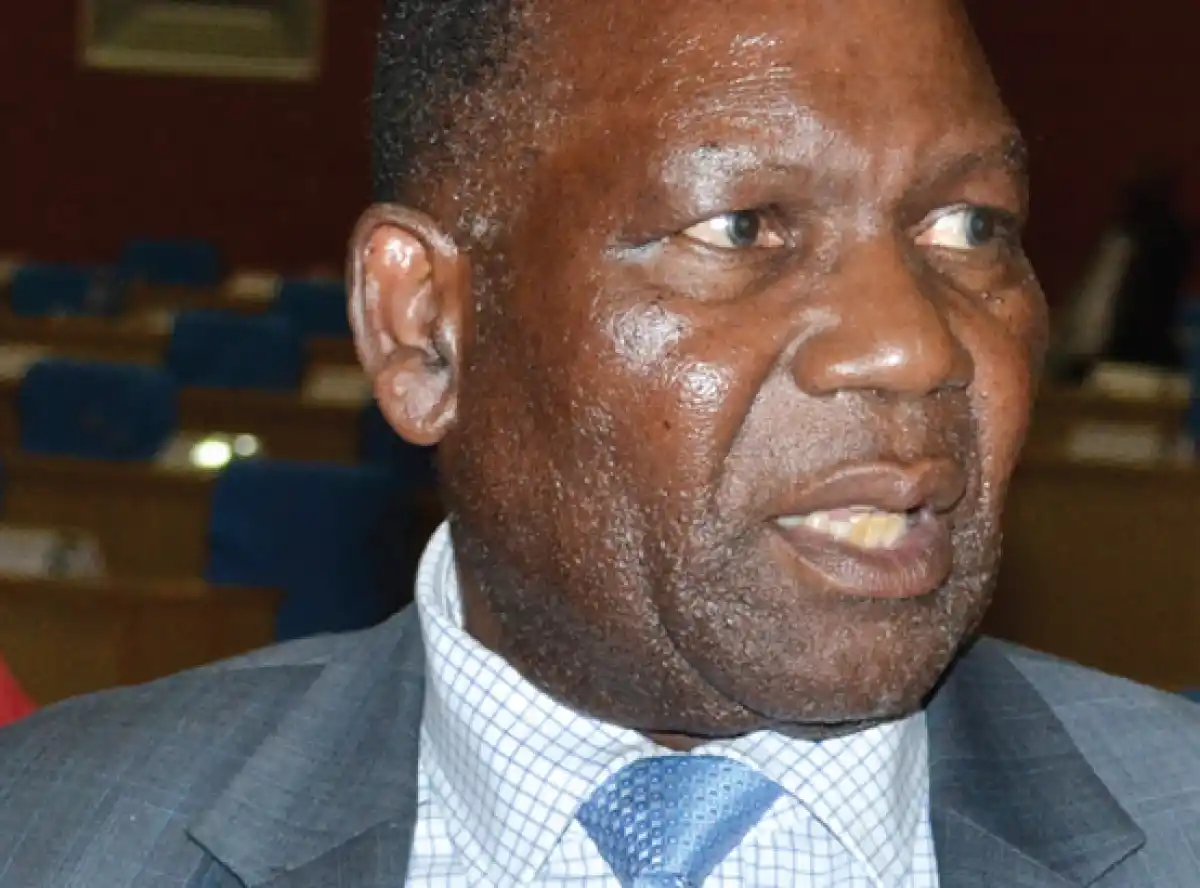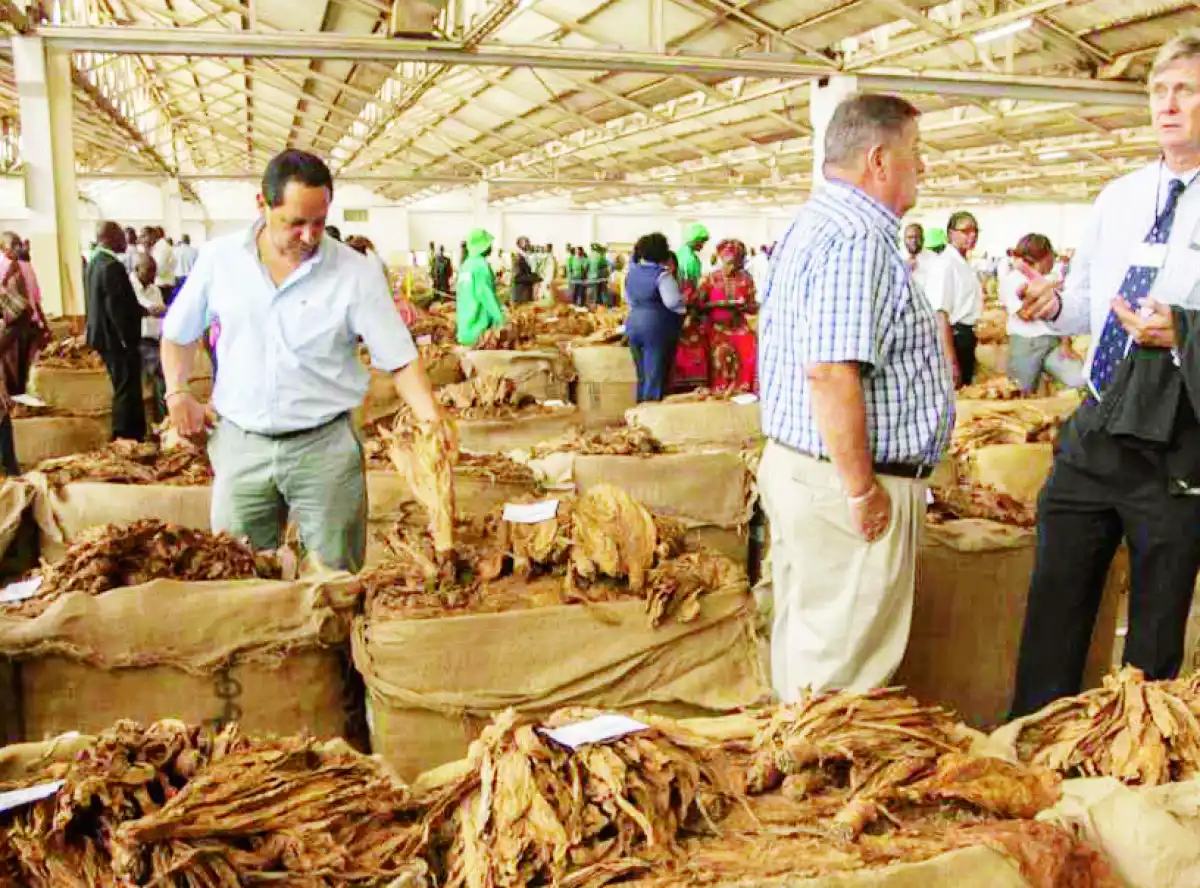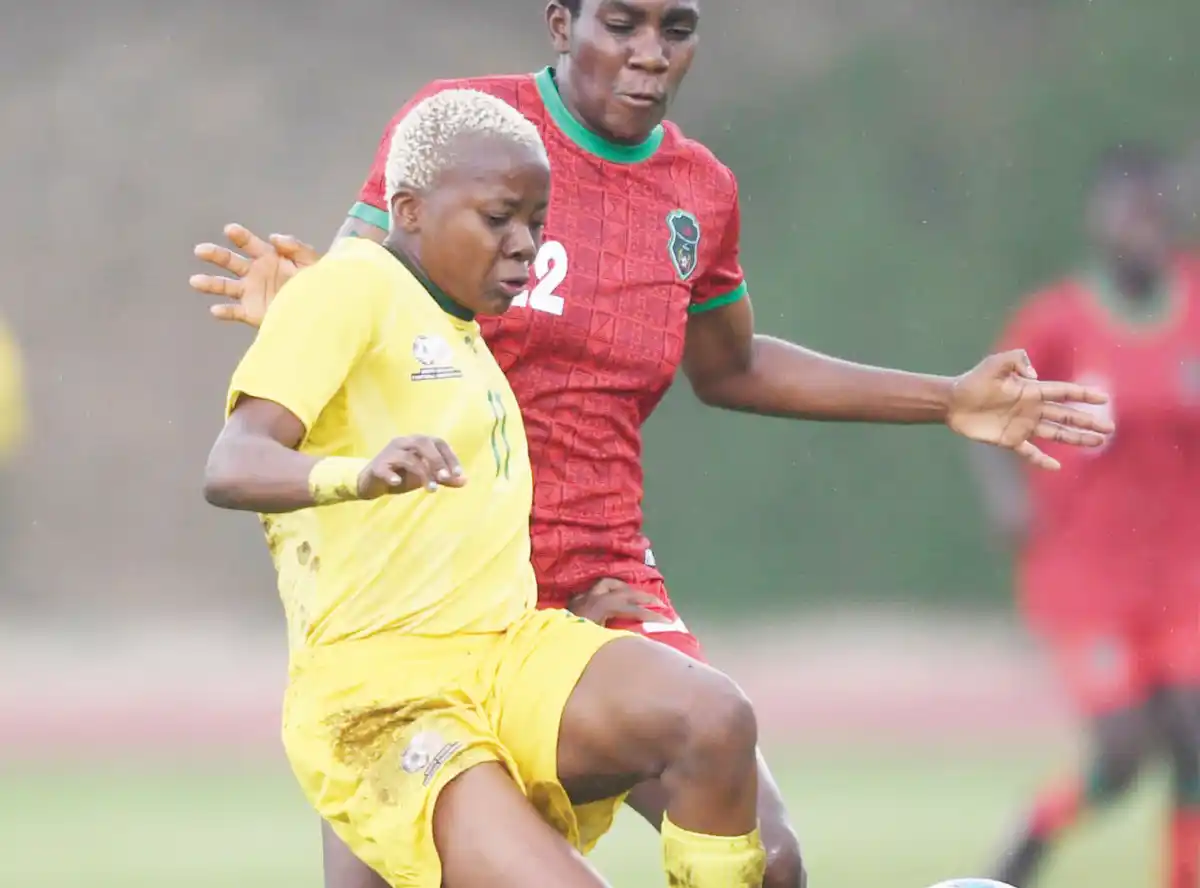
This week, George Thapatula Chaponda, the new Leader of Opposition (LoP) said he was ready to work with all opposition parties in the National Assembly. Well, it is good he knows his job as LoP. He needs the support of everyone in the House and not just opposition legislators but all MPs who understand their job. As LoP, his job is well cut out for him—simply put, to lead the House in keeping the executive in check—which he can only accomplish if he enlists the support of all well-meaning members of Parliament. It is not the easiest of jobs.
The need for the country to have a strong opposition in Parliament cannot be overemphasi sed. But suffice to say the success of a LoP depends on many factors. One of them is the personality and political acumen of the holder of the position. Well, Chaponda seems to be minted such traits. The other and, perhaps more important, one is the political divide or balance of power in the National Assembly. This one is tricky.
As LoP, Chaponda succeeds Mulanje South l e g i s l a tor Kondwa n i Nankhumwa, who is largely, but unfairly, adjudged as having failed as LoP. My proposition is that if Nankhumwa fared dismally in that capacity, Chaponda may not succeed, either. This is because the environment in which Nankhumwa operated as LoP has not changed. Support for what used to be one entity called DPP is now split between DPP led by Peter Mutharika and Nankhumwa’s new political party, the People’s Development Party (PDP).
In the whole multiparty dispensation, the only time Malawi had what I would describe as a strong and successful opposition was from 2004 to 2009. This is when the late John Tembo was leader of the Malawi Congress Party (MCP). His success as a LoP stemmed from two issues. He was a principled man. He followed what he believed in to the letter. He believed he was born MCP, and he would die MCP, which he did. He stood up to his beliefs and never wanted to compromise on his principles or to do anything that would betray the cause of MCP. That is how, as its leader, he was able to keep it strong and intact from 2004 all the way to 2014 when he stepped down and endorsed his successor, Lazarus Chakwera, to take over from him at a party convention.
The second contributory factor for a strong opposition is the numerical strength of the opposition members of Parliament (MPs). You can be a strong political leader but if the ruling party has far more MPs in the National Assembly, and they are united, you may not be that successful as LoP. In a country where MPs just toe their party line on any issue, you don’t expect opposition members who are numerically inferior in the august House to stop the executive from doing what it wants.
Wh e n B i n g u w a Mutharika resigned from the United Democratic Front (UDF) in 2005, UDF (the ruling party) then, only had 49 of the 193 seats in Parliament. MCP had 60 seats. When Bingu formed the Democratic Progressive Party (DPP), fewer UDF MPs followed him to DPP. This meant Bingu had far fewer numbers in Parliament to push through his agenda, or to turn the tables against the opposition.
This was the state of af fairs in the National Assembly from 2004 to 2009. This was the time Tembo would literally take the House hostage to prioritise discussing Section 65 issues over the national budget — ‘ ‘ S ection 65 Number 1, Budget Number 2’’—if you can remember. The balance of power in the National Assembly was by far tilted in favour of the opposition, giving Tembo and the opposition the licence to drive the agenda of the House.
When frontbenchers outnumber backbenchers, it is a miracle for the opposition to stop government from pushing through thei r agenda however bad it may be.
So, whether or not Chaponda succeeds as LoP will, to a large extent, depends on how the configuration in the National Assembly has changed in favour of the DPP following Nankhumwa’s departure. What is clear, though, is that Nankhumwa’s exit from DPP and formation of his own party has left the DPP more depleted in numbers in the House. For me, this can only mean Chaponda may not make much difference as LoP. But let’s give him the benefit of doubt.








0 Comments